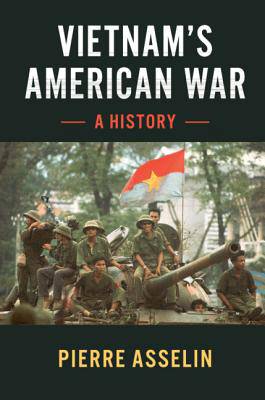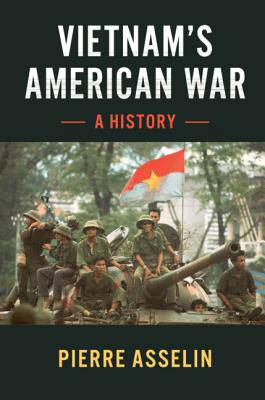
- Afhalen na 1 uur in een winkel met voorraad
- Gratis thuislevering in België vanaf € 30
- Ruim aanbod met 7 miljoen producten
- Afhalen na 1 uur in een winkel met voorraad
- Gratis thuislevering in België vanaf € 30
- Ruim aanbod met 7 miljoen producten
Zoeken
Omschrijving
Communist forces in the Vietnam War lost most battles and suffered disproportionally higher casualties than the United States and its allies throughout the conflict. The ground war in South Vietnam and the air war in the North were certainly important in shaping the fates of the victors and losers, but they alone fail to explain why Hanoi bested Washington in the end. To make sense of the Vietnam War, we must look beyond the war itself. In his new work, Pierre Asselin explains the formative experiences and worldview of the men who devised communist strategies and tactics during the conflict, and analyzes their rationale and impact. Drawing on two decades of research in Vietnam's own archives, including classified policy statements and reports, Asselin expertly and straightforwardly relates the Vietnamese communist experience - and the reasons the war turned out the way it did.
Specificaties
Betrokkenen
- Auteur(s):
- Uitgeverij:
Inhoud
- Aantal bladzijden:
- 316
- Taal:
- Engels
- Reeks:
Eigenschappen
- Productcode (EAN):
- 9781107510500
- Verschijningsdatum:
- 11/01/2018
- Uitvoering:
- Paperback
- Formaat:
- Trade paperback (VS)
- Afmetingen:
- 164 mm x 235 mm
- Gewicht:
- 453 g

Alleen bij Standaard Boekhandel
+ 79 punten op je klantenkaart van Standaard Boekhandel
Beoordelingen
We publiceren alleen reviews die voldoen aan de voorwaarden voor reviews. Bekijk onze voorwaarden voor reviews.











